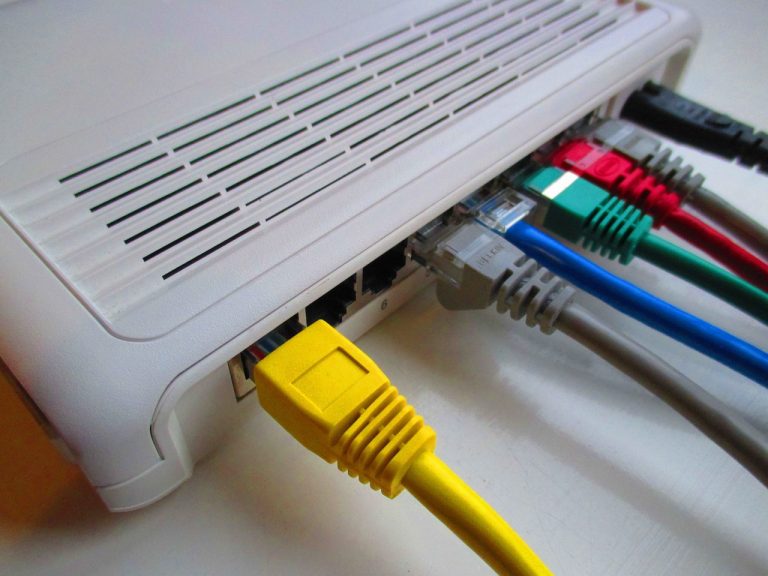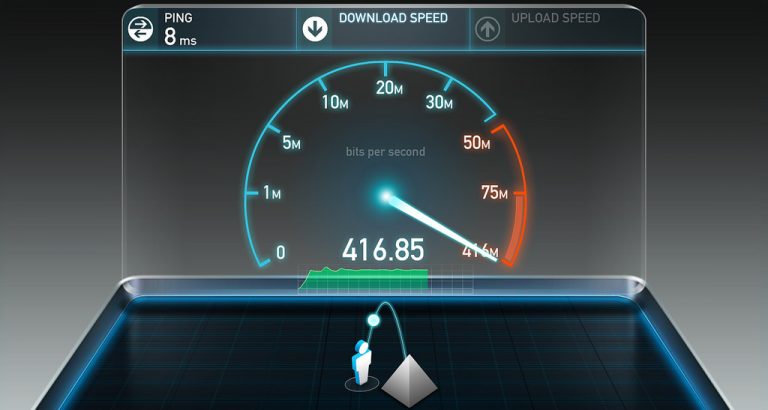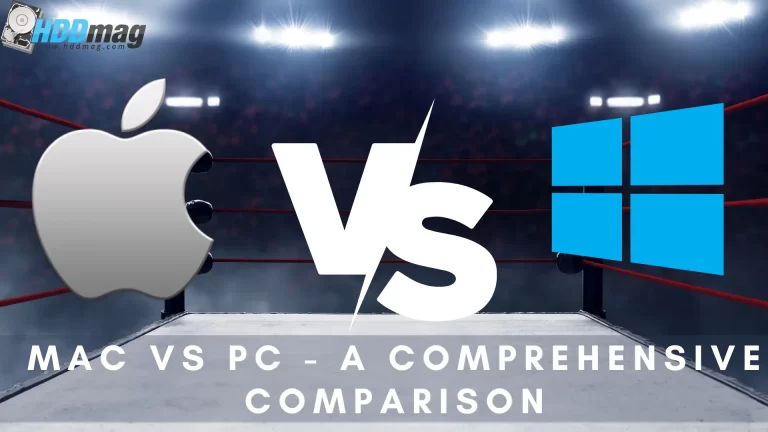Types of Security Breaches Your Business Might Be Succeptible to and Prevention

The recent Equifax data breach involving nearly half of American consumers can make you question the security of your company data, especially when storing information in the cloud. How do you protect your information when sites such as Yahoo, LinkedIn, and Target all suffered breaches? Explore what’s at risk and how to protect your business.
Secure Your Cloud Footprint
Much has been written about the rise of cloud computing and how it will be a force for disrupting incumbent vendors. But without proper security considerations, moving to the cloud can have dire consequences. CASB or cloud access security broker software adds a layer of protection between you and the cloud. The CASB enforces business data security policies and prevents unwanted activity. It monitors user behavior to identify risky ones, blocks malware, and lets you know immediately of any threat. Plus, a CASB audits, quarantines, deletes, and encrypts your files if a user commits a policy violation so that information stays safe.
Weak User Identities and Access Management
As the cloud expands and more apps use cloud technology, new risks appear every day. Threats take many different forms, and data breaches are the tip of the iceberg.
Other attacks occur because of weak identities, credentials, and access management. Some threats come from malware, hackers, and sharing technology. Just as you keep your office locked, make your data security a top priority.
Lack of Cloud Provider Security
A recent survey on Security Trends shows that only 29 percent of businesses use their cloud providers’ security policies, procedures, and capabilities. 85 percent of businesses feel confident with cloud security. Although certain providers offer multilevel security, many cloud hosts do not. Check what security features your host provides.
Cloud providers such as Amazon and VMware offer high degrees of security. But if you choose a different cloud provider, ask the company if it runs regular audits and carries a FISMA certification. FISMA certificates make sure that security is a top priority. Also, check whether the cloud hosts use the same compliance standards your company uses. In the end, your business holds the responsibility for keeping its data safe.
Cloud Hackers
Why is the cloud so attractive to hackers? Hackers like access to multiple targets. Cloud databases hold information not only about your business but also many others. A single flaw can give hackers entrance into the cloud and the ability to steal data from many companies at once.
Hackers can also install malware in cloud databases that interrupt businesses, sometimes for several days. Imagine several days without access to your files, and you’ll see why you need security for data you store in the cloud.
Other Vulnerabilities
Keep all your data encrypted either by your team or a CASB. If a hacker breaches your system, encryption makes the data useless to anyone outside your company. Run vulnerability scans and full penetration tests often to make sure your information is safe. No matter how thorough your security protocols are, breaches can occur. The more security layers you install, the more secure you can keep your data.
Don’t ignore the benefits of the cloud, but also keep a vigilant eye toward security. Even if a hacker does manage to penetrate your defenses, with the proper security in place, your data can remain secure. Security breaches can happen, but if you stand ready to confront them, you can keep your data protected.







